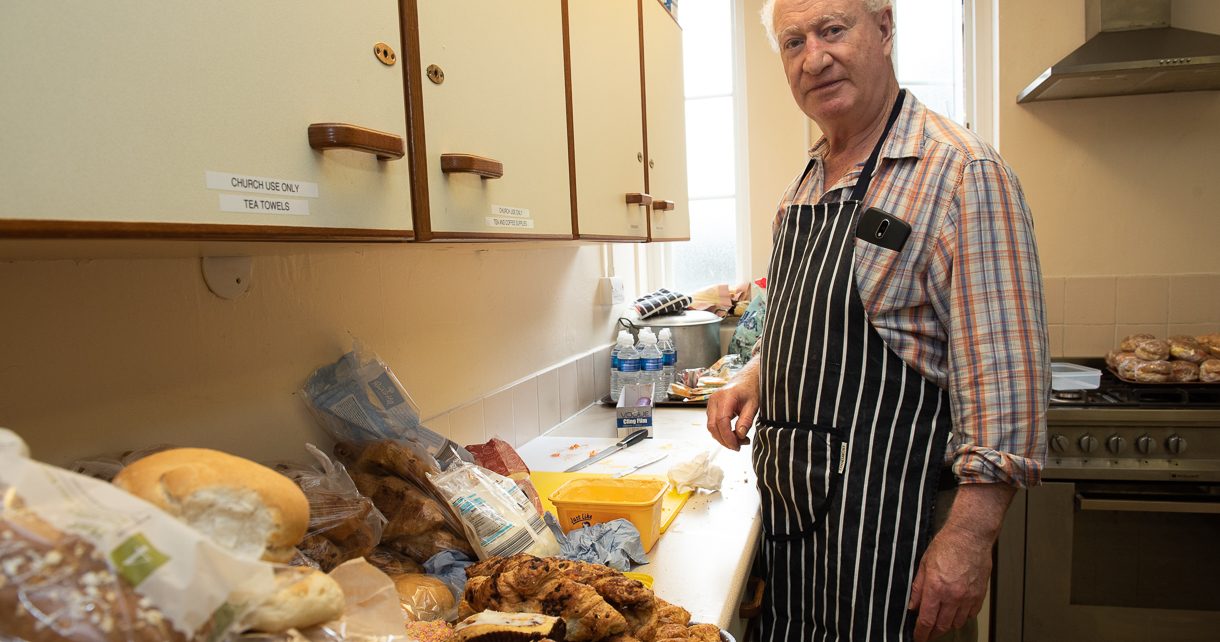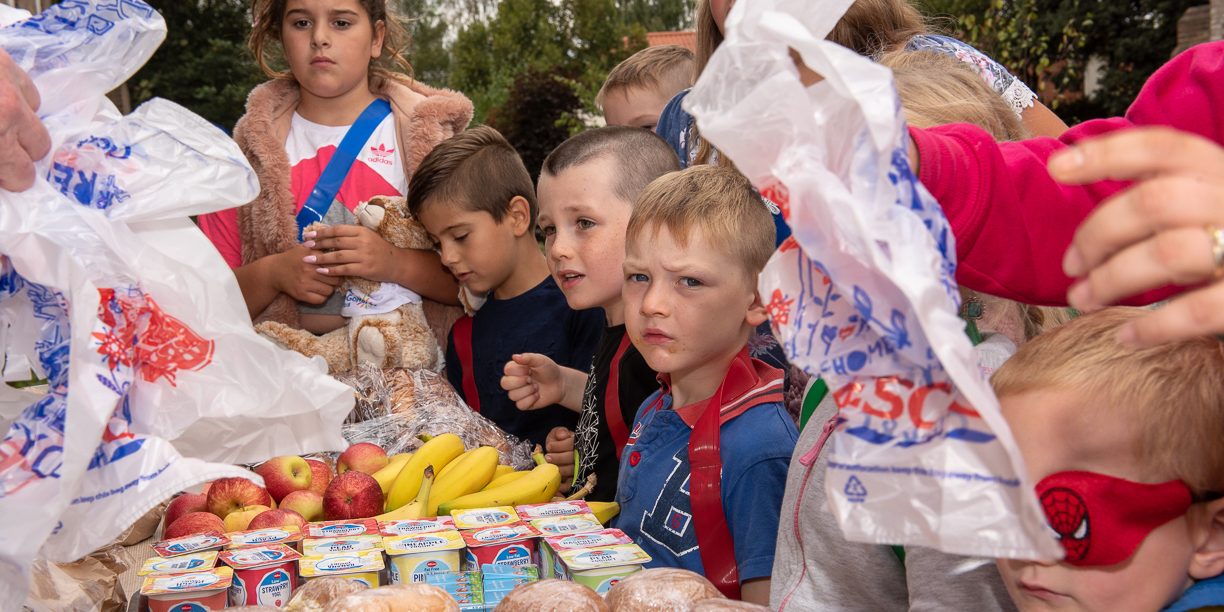Savings gulf
Low income families had just ÂŁ95 of savings and investments to fall back on this winter, a shocking new report by insurance firm Aviva shows.
The report laid bare the growing gulf between rich and poor, with levels of homeownership and savings increasing amongst the former and falling for the latter.
Savings and investments excluding pensions fell from an average of ÂŁ136 last winter for poor families, to just ÂŁ95 this winter. The average savings for wealthy families increased from ÂŁ50,208 to ÂŁ62,885 during the same period.
Despite increases for the rich, savings for UK families across the board have fallen to their lowest level in 18 months, the report said.
Aviva UK spokesman, Paul Brencher, said, “The gulf between low and high income families is showing signs of widening, in a worrying indication that those less fortunate are finding their finances increasingly stretched.
“While high income families have been able to increase their savings pots, those with low incomes have seen theirs fall to less than £100.”
Low income
A quarter of UK families are now classed as low income, receiving less than ÂŁ1,500 a month in net earnings, the insurance firm said. Eight percent of British families are classed as high income, with net monthly earnings of more than ÂŁ5,000.
The number of families who own their own home has fallen to its lowest level in four years at 64 per cent, the report said. The rate of homeownership is lowest for low income families at 41 per cent, down from 43 per cent over the same period. Amongst the richest, homeownership grew from 88 percent to 90 percent.
Brencher said, “Britain’s broken housing market means becoming a homeowner is a distant dream for many families and government plans must swiftly be turned into action to stem the tide of inequality.”
Many families are also increasingly worried about the affect rising levels of inflation will have on their incomes, the report found. Forty three per cent of families surveyed by the company said inflation was among the biggest threats to their living standards during the next three months, compared to 36 per cent in the summer.
Brencher said, “With inflation climbing fast, families are understandably concerned about the impact of rising prices on the household purse. Poor returns on savings and rising inflation means families could well see their safety net eroded.”
Industrial strategy call
To tackle rising inequality, Unite assistant general secretary, Steve Turner, said the government should end its counterproductive austerity campaign and adopt “an industrial strategy which commits to the sort of mass public investment we need to kick-start the economy”, including significant investment in council housing stock.
He added, “We know what the problems are and we know what the solutions are – investment in economic growth, with the wealth generated by that growth being more equally distributed, with decent work, good pay and strong trade union rights part of that.”
 Like
Like Follow
Follow


